DC BLOX Breaks Ground on $1.2B Atlanta Data Center
Project River will be directly connected to the company's 500-mile dark fiber in Myrtle Beach, S.C.
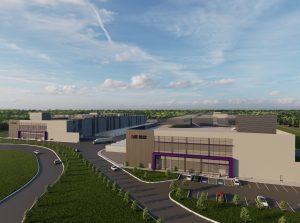
DC BLOX’s upcoming facility will utilize waterless cooling and target a power usage effectiveness of 1.3 at full load. Rendering courtesy of DC BLOX
DC BLOX has broken ground on a new data center in Lithia Springs, Ga. The company will invest $1.2 billion in a two-story, 180-megawatt facility dubbed Project River. First customer move-ins are expected in 2025’s third quarter.
Evans General Contractors will construct the facility on a 55-acre parcel. The development team also includes design partners DLB Associates, Corgan, Thomas & Hutton and Bennett & Pless, all of which have worked before with DC BLOX and Evans. The owner also worked with Elevate Douglas Economic Partnership to secure tax abatements for the project.
READ ALSO: Data Center Leasing Picks Up
Set to operate at a power usage effectiveness of 1.3 at full load, the facility will be a waterless design. “By avoiding traditional water usage and employing cutting-edge cooling methods, we are taking steps to enhance the reliability and longevity of our IT equipment while reducing energy consumption spent on cooling, making our data center operations highly sustainable and cost-effective. We have implemented provisions for liquid cooling in the future, as we look to the future of larger cooling demands for AI and HPC,” a DC BLOX spokesperson told Commercial Property Executive.
Ready for high-density AI/ML applications
Project River will encompass 12 data halls totaling 750,000 square feet of gross space across two buildings. Each data hall is planned to measure 26,500 square feet and have 10-megawatt power blocks, amounting to 318,000 square feet of raised floor space and 120 megawatts of critical IT power. The campus is designed to meet demands for hyperscale, AI and ML applications, with densities at roughly 375 watts per square foot.
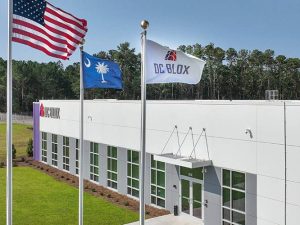
DC BLOX’s cable landing station in Myrtle Beach, S.C. can host up to five subsea cables, along with colocation space. Photo courtesy of DC BLOX
The company spokesperson told CPE that such applications “place higher demands on data centers due to the significantly higher density of power required to run AI infrastructure. Ensuring that enough power has been reserved and committed for future builds is an important consideration for any company deploying high power dense workloads like AI/ML in a data center.”
Taking shape alongside North River Road, DC BLOX’s new facility will also be directly connected via dark fiber to the Myrtle Beach, S.C., landing station. The company broke ground on the 500-mile route in October last year—the first high-capacity fiber path connecting hubs in Atlanta, Augusta, Ga., and Myrtle Beach. The cable is expected to be fully operational later this year, while the landing station has been already brought online.
Explosive growth of Atlanta’s data center market
Atlanta is a primary data center market that had 235.6 megawatts under construction at the end of June, according to CBRE research. Land banking acquisitions reached over 2,000 acres, which led to a rise in prices, the same source shows.
The DC BLOX spokesperson told CPE that Atlanta emerged as a preferred location for major tech companies and hyperscale users—such as Google, Microsoft, Meta and Amazon—due to the affordability of land and availability of power.
Earlier this year, Georgia Power, the state’s largest utility provider, has successfully brought online a new nuclear facility, which, according to CBRE, has more than 1 gigawatts dedicated for data center use.
Several other big names are currently building data centers in the region. DC BLOX’s Project River is next to Microsoft’s 300-acre, 1 million-square-foot facility—which was announced in August 2021 and is expected to come online this year. DataBank has also acquired 95 acres of land in Lithia Springs, where it will construct a 180-megawatt data center also targeting AI and ML users.

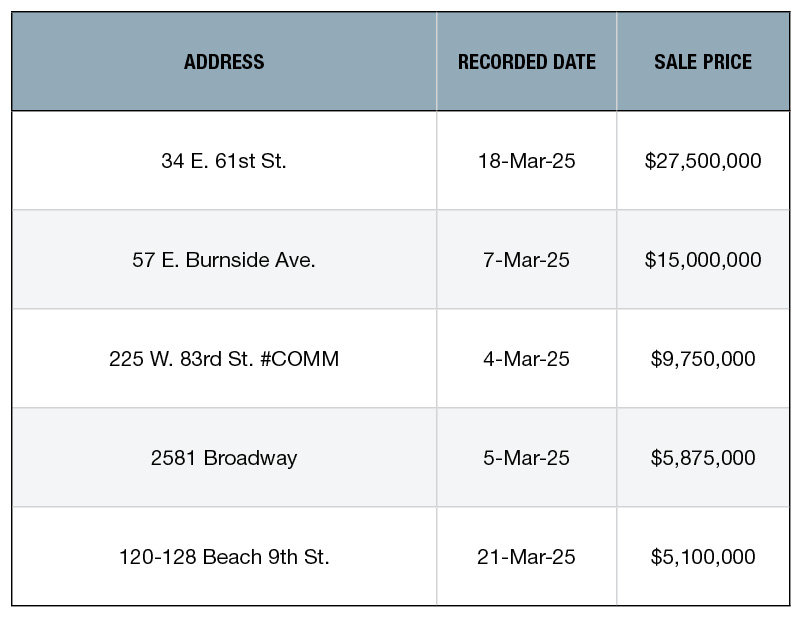

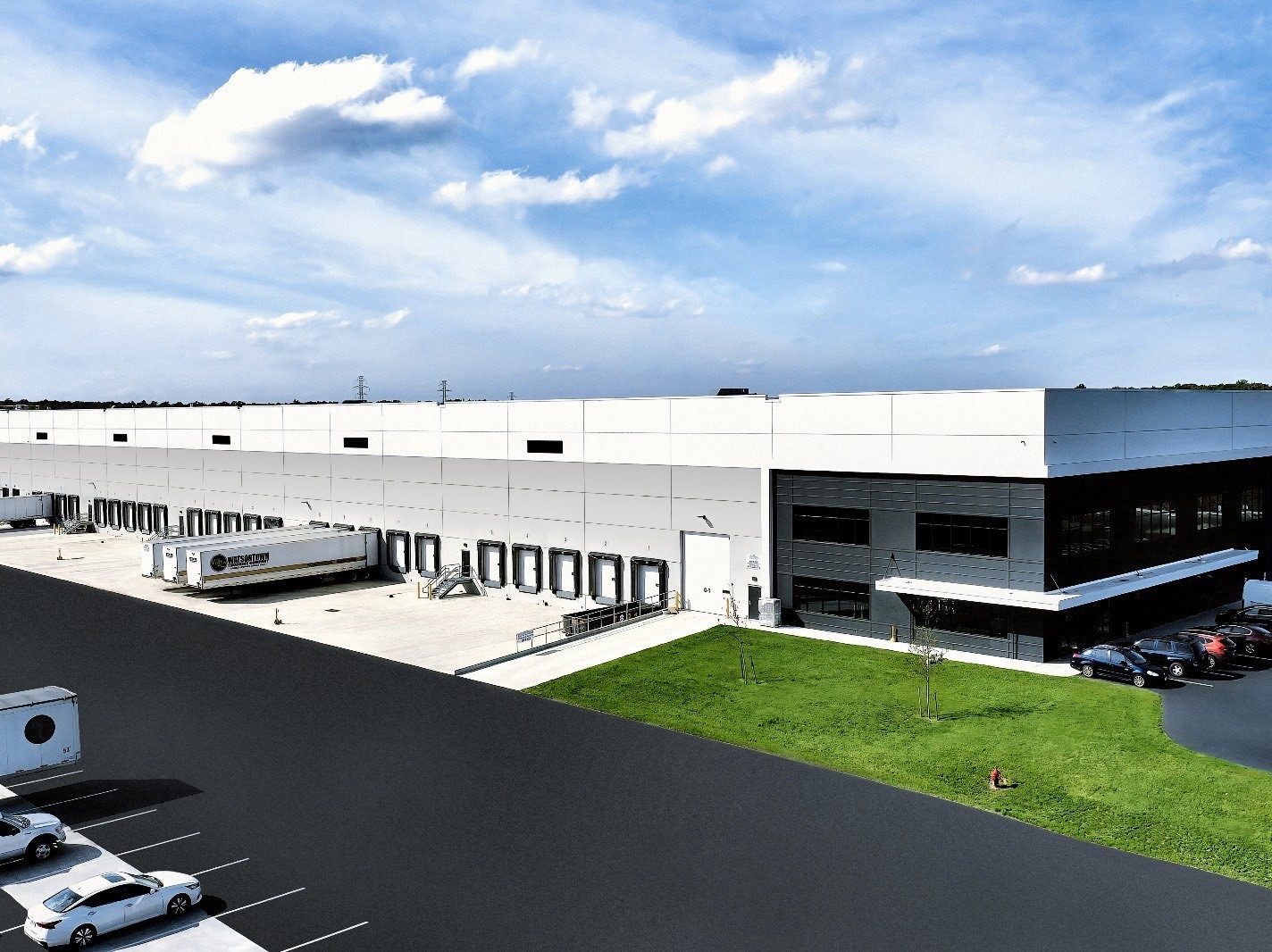
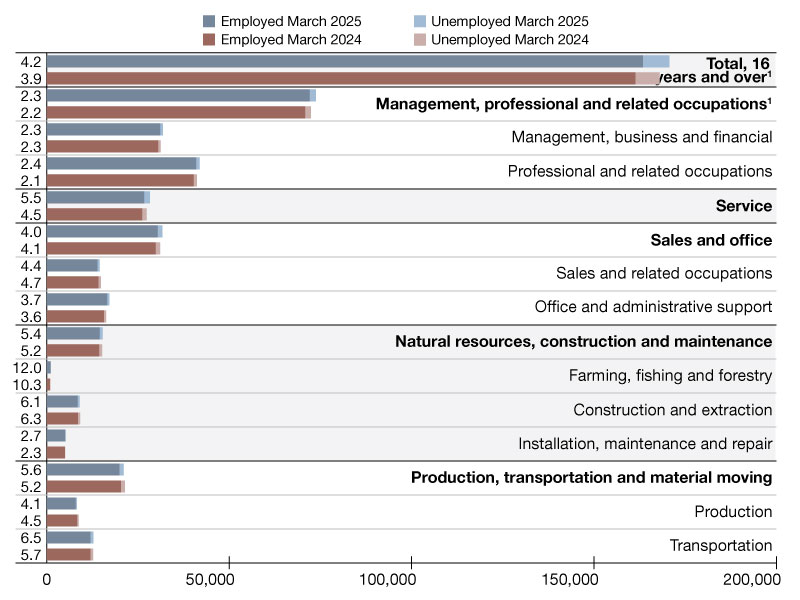
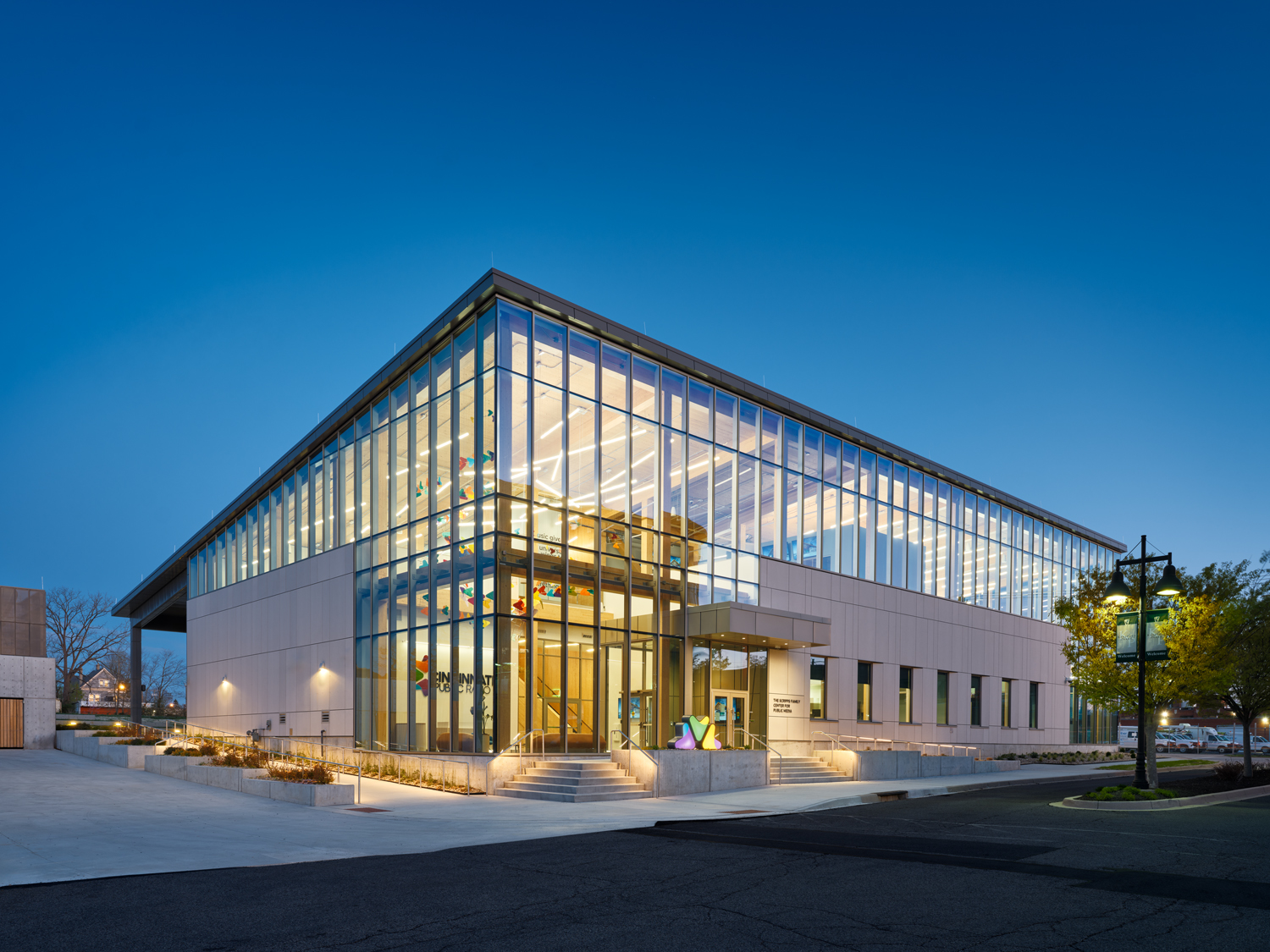
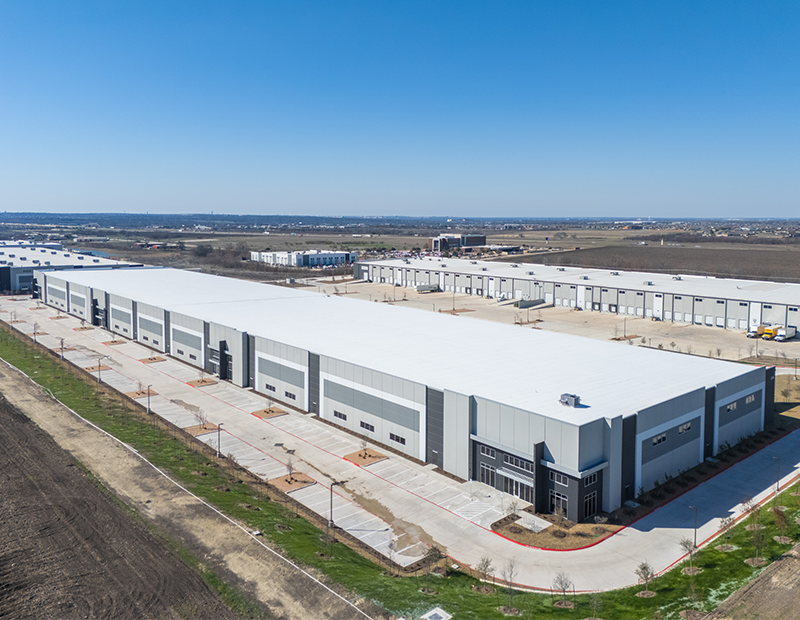
You must be logged in to post a comment.